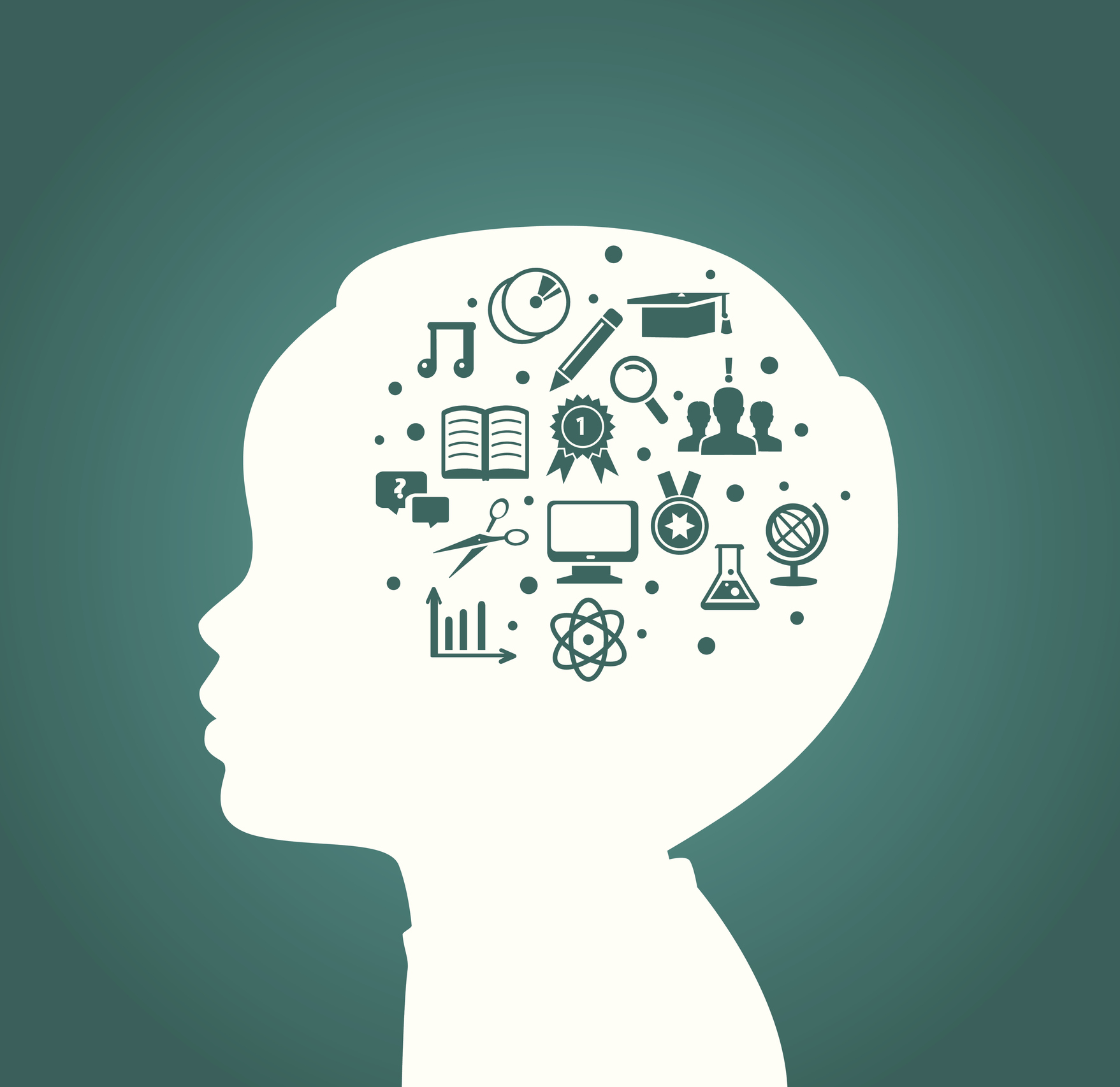 Cognitive resources encompass abilities including IQ and processes involved in planning, monitoring, and revising goal-directed behaviour (e.g., impulsivity).
Cognitive resources encompass abilities including IQ and processes involved in planning, monitoring, and revising goal-directed behaviour (e.g., impulsivity).
Looking at data from over 6,000 young people in the ALSPAC cohort, we found that:
– Higher IQ at age 8 predicted having drunk alcohol, not smoking, greater fruit and vegetable consumption, and not being overweight at age 13
– Higher impulsivity at age 9 predicted having drunk alcohol and smoking at age 13
– Higher working memory at age 10 predicted not being overweight at age 13
These were all small effects.
Our findings suggest that interventions that can improve childhood cognitive resources, such as improving access to enriching environments, education, and financial resources, could have small indirect effects on improving health behaviours. As differences in cognitive resources have been observed between individuals in higher and lower socioeconomic groups, this could potentially also help reduce health inequalities.
Do Executive Function and Impulsivity Predict Adolescent Health Behaviour after Accounting for Intelligence? Findings from the ALSPAC Cohort. Stautz, Pechey, Couturier, Deary, Marteau, 2016.
